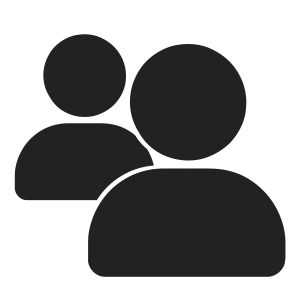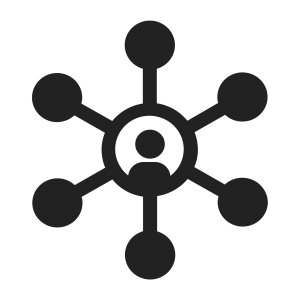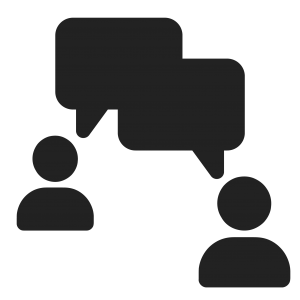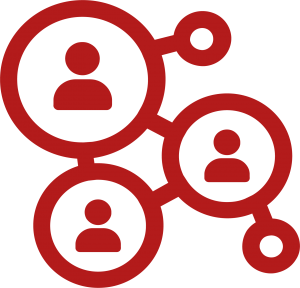Human agency and society are inextricably linked; humans create and shape systems of power, privilege, and oppression, and humans can change these systems to dismantle hierarchies, promote equity, and bring about a more just world. An emphasis on this personal and collective responsibility is common in intergroup dialogue programs, which, in addition to using dialogic practices to explore social identity within the group of participants, also focus on helping participants identify opportunities to make change in their communities (Frantell, Miles, & Ruwe, 2019; Mayhew & Fernández, 2007; Nagda, Gurin, Sorensen, & Zúñiga, 2009). This simultaneous engagement with skills, identities, and tangible actions characterizes Intergroup Dialogue Project’s (IDP) programming and facilitates the effectiveness of our work. Indeed, when describing social justice education more broadly, one scholar wrote, “To be most effective, [it] requires an examination of systems of power and oppression combined with a prolonged emphasis on social change and student agency in and outside of the classroom” (Hackman, 2005, p. 104).
Across IDP’s offerings with various audiences, we find evidence that participants are better equipped to realize strategic change perspectives, opportunities, and organizations they belong to.




